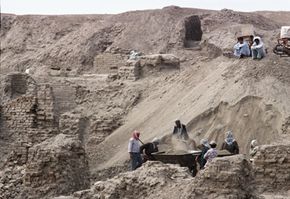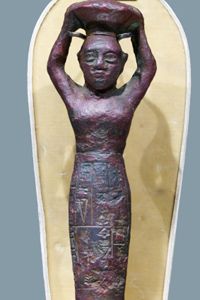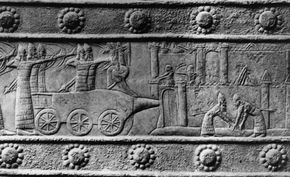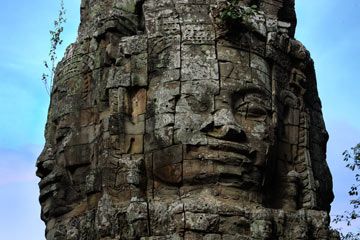Situated in a vast expanse of delta between the Tigris and the Euphrates rivers, Mesopotamia was the wellspring from which modern societies emerged. Its people learned to tame the dry land and draw sustenance from it. Tanks tread there now, and companies pump oil from beneath the ancient soil. Today, much of the area lies in present-day Iraq. Were it not for the Mesopotamians, that country -- or any other -- possibly wouldn't exist, at least not in a way we would recognize.
Mesopotamia is generally credited with being the first place where civilized societies truly began to take shape. People around the world had been developing the groundwork for civilization for millennia: Agriculture was established around 8000 B.C. The domestication of animals for labor and food developed simultaneously [source: Ohio State University]. People had been creating art for thousands of years already. Early laws had been established in the form of mores and folkways. All of these were parts of human culture, but not civilization. Mesopotamians refined, added to and formalized these systems, combining them to form a civilization.
Advertisement
It's interesting to think about what might not exist had the Mesopotamians not blazed the trails they did. The choices they made, the risks they took, the energy they invested into their ideas and pursuits lead to the world we know today. Would people have thought to organize oral traditions into written collections of pages had the Mesopotamians not produced Gilgamesh, the first book in recorded history? Perhaps so, but who knows how long it would have taken if the Mesopotamians hadn't done it first?
This achievement alone is significant, but their collection of written stories is just the beginning. Read the next page to find out why else Mesopotamia is called the cradle of civilization.
Advertisement




